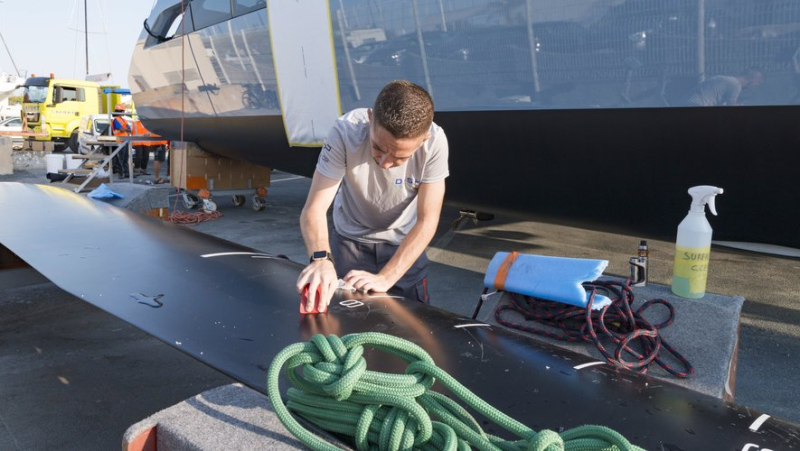The sea, in the region, is a blue economy that flows naturally

Le nautisme, en Occitanie, représente 3700 emplois. Près de 40 formations amènent à ses différents métiers. Illustration Midi Libre – KEVIN BAPTISTE
The number of jobs in Occitania linked to the sea is estimated at 41,400. A wealth that pushed the rector to launch her maritime academy, alongside Stopover in Sète. Focus on promising sectors in the region.
"A wind of sustainable opportunities", likes to highlight the president of the Region Carole Delga, about the blue economy which generates tens of thousands of jobs in Occitania. "A sector that will explode within thirty years, with a doubling of jobs depending on the maritime cluster", says Thierry Lemerle, director of France Travail Occitanie and national referent for the maritime economy. He estimates that across the country, there are "900 different professions" linked to the sea. are not accessible in the region – there is no military port for example –, but for those who want to make a career on the shores of the deep blue, the range of professions is already large in the former Languedoc-Roussillon.
1400 companies in the nautical sector
The first sector remains boating. From Port-Camargue – the largest marina in Europe – in Cerbère, i.e. a coastal frontage of 28,000 mooring rings, it today represents 3,700 jobs, spread across 1,400 companies, including 75% in industry. Occitanie is even the leading French region for catamaran construction, with companies competing in innovation to stay at the forefront, like Outremer, in La Grande-Motte, who designed the first flax fiber boat. The sector still weighs 550 M€ of turnover.
The floating wind ambition
With three maritime ports, Sète, Port-la-Nouvelle and Port-Vendres, France's leading fruit port, port activities represent 2,200 direct jobs today. However, they could be overtaken in a few years by floating wind power, which could, in the longer term, represent more than 3,000 direct jobs, driven by the ambition of the company. Occitanie to become “the first positive energy region”. Some 170 companies are now involved in this vast project.
The energy transition, digital technology and biotechnology are all areas in which we will find the jobs of tomorrow also in the blue economy. These sectors, which require a high level of qualification, will provide opportunities for interesting career paths. Research and innovation already represents 2,000 jobs.
Fishing, shellfish farming…
There will still be work in the more traditional sectors. The region, with more than 600 vessels, remains the second French fishing fleet, the first in the Mediterranean. Shellfish farming, with 500 producers in six production areas in ponds and at sea, provides a living for 1,800 people thanks to a total figure of 50 M€ of turnover. But in these two sectors, the age pyramid shows a wave… departures within a few years. "The fishing industry will need 600 new entrants by 2030", indicates the Occitanie Region.
It is therefore to preserve a major economic breeding ground that National Education has adapted its training offer in the territory, in order to meet needs. For the boating sector alone, federated by the Nauti-Campus, there are no less than 37 training courses. There are more than 150 linked to maritime professions. A real academy… of the sea, a concept precisely launched by the rector Sophie Béjean during a Stopover in Sète to promote all the training and initiatives of the school in the region around the big blue.
I subscribe to read more




